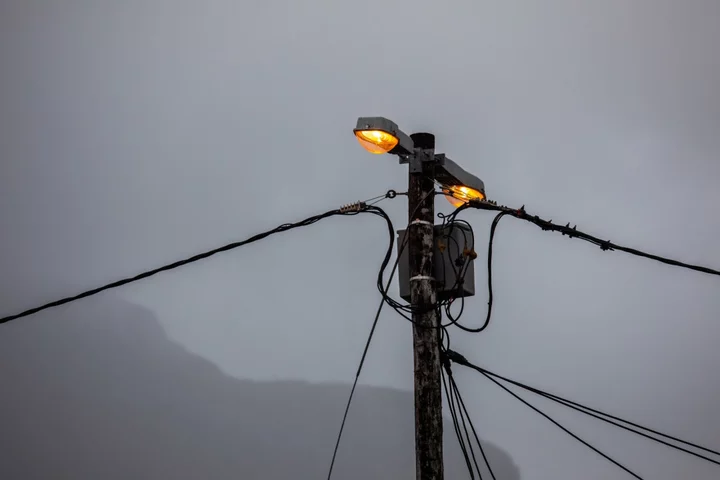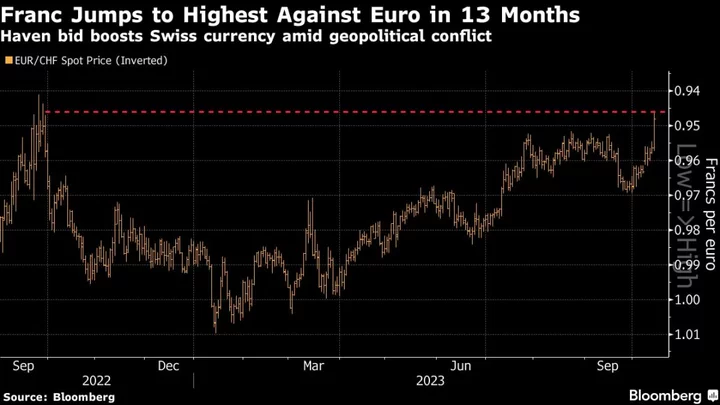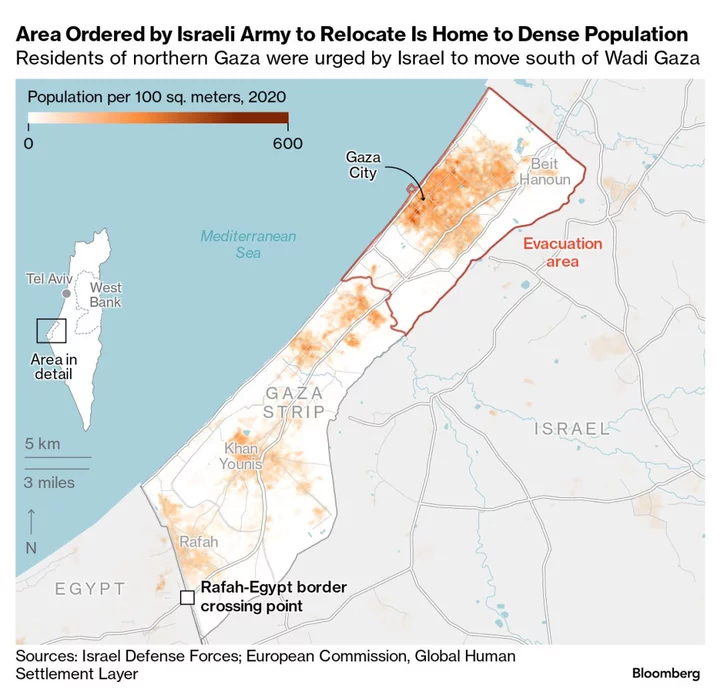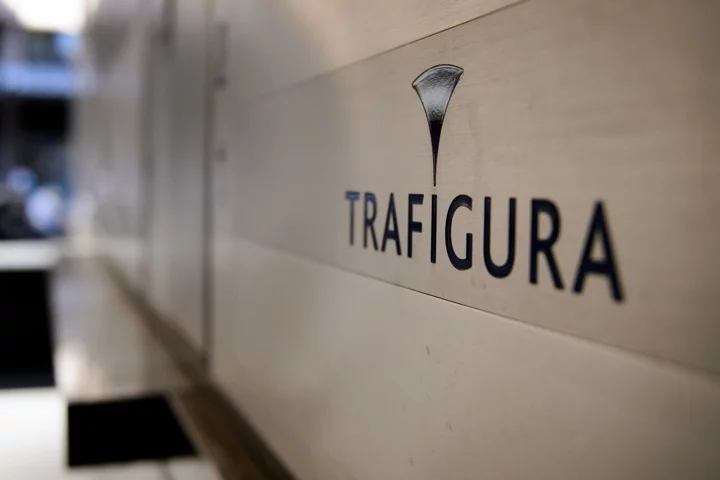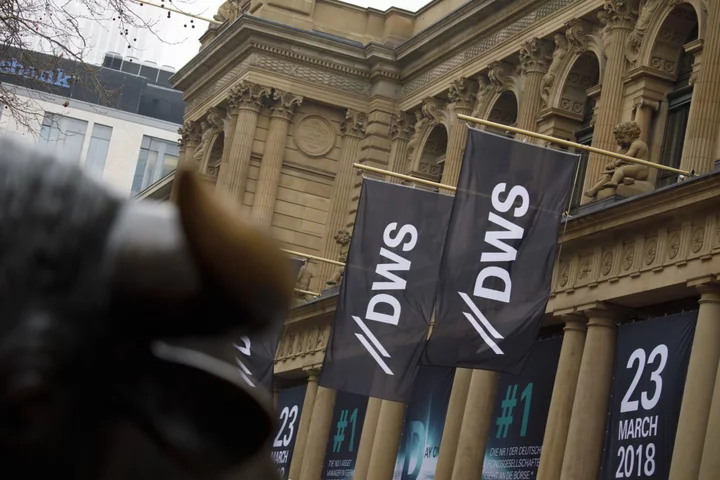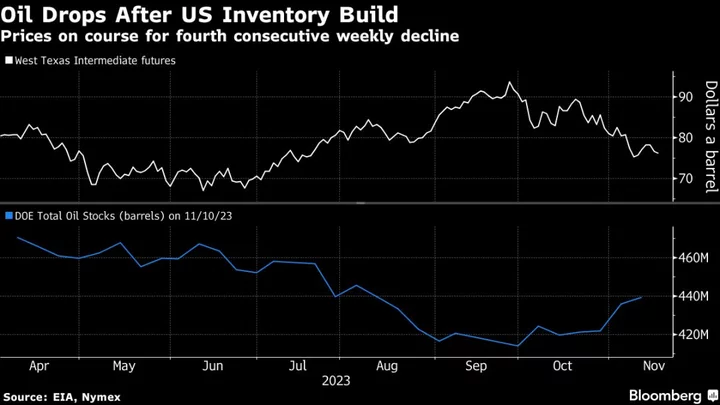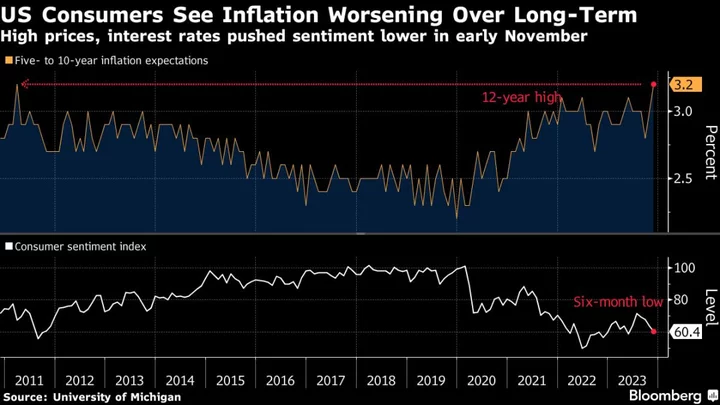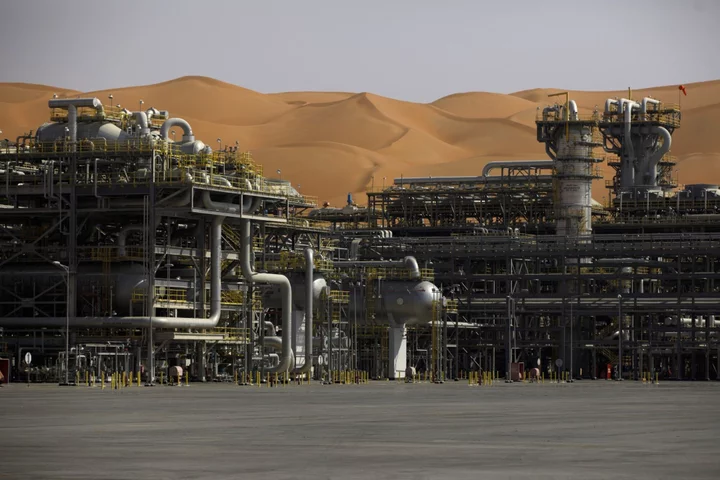Mozambique’s government approved a strategy to reduce the nation’s dependence on fossil fuels that it estimates will cost $80 billion to implement by 2050, a step aimed at winning finance to develop the economy.
The first steps envisioned in the Energy Transition Strategy, approved by the Council of Ministers on Nov. 21, include the addition of 2,000 megawatts of hydropower capacity by 2030 and expanding the transmission grid to allow for the addition of more renewable energy, the government said. The full program will be announced by President Filipe Nyusi at a Dec. 2 event at the COP28 international climate summit in Dubai, it said in a statement sent to Bloomberg.
“Mozambique has major potential to be a global leader in climate-aligned development,” it said. “The ambitious ETS lays out a clear pathway for harnessing these assets to enable sustainable nationwide growth while supporting emissions reductions.”
Mozambique is the latest developing country to seek international funding to finance an energy switch. South Africa, Indonesia, Vietnam and Senegal have won pledges of billions of dollars from some of the world’s richest nations to reduce their reliance on coal and other fossil fuels.
In September, Marcelina Mataveia, Mozambique’s national director of energy, said talks over funding had been held with Belgium, Germany, the UK and the United Arab Emirates, and an investment plan would be announced at the COP meeting.
While Mozambique is one of the world’s poorest nations, it has abundant hydropower, wind, solar and natural gas resources. It also has deposits of materials essential for the green transition, such as lithium and graphite, which are used in batteries.
The government said it aims to hold more auctions to encourage the building of privately owned solar and wind power plants and build “green industrial parks” to encourage the processing of its minerals.
It also plans to increase the proportion of ethanol and biodiesel added to gasoline and diesel sold in the country, and promote the use of vehicles that run on electricity and compressed natural gas. It aims to have universal access to electricity by 2030 and intends embarking on a drive to persuade millions of people who rely on wood and charcoal for cooking, to use more efficient methods.

